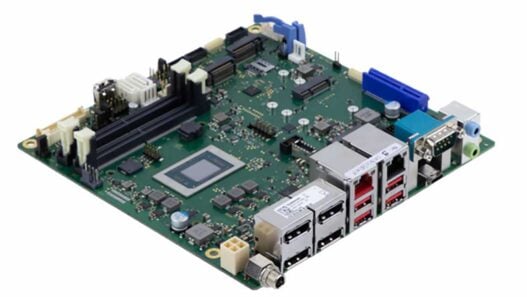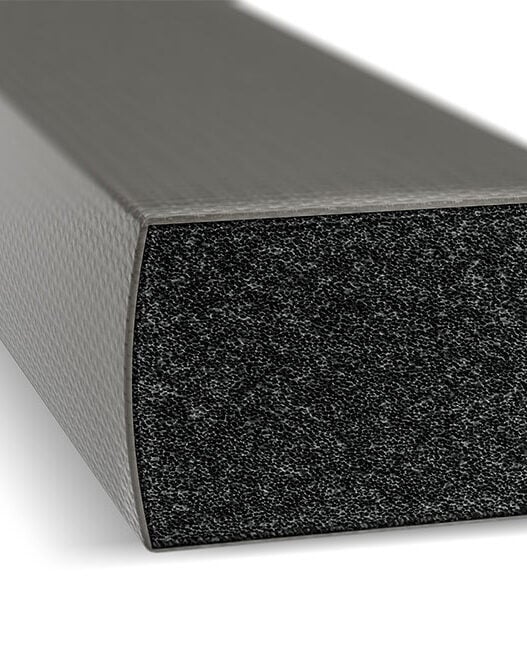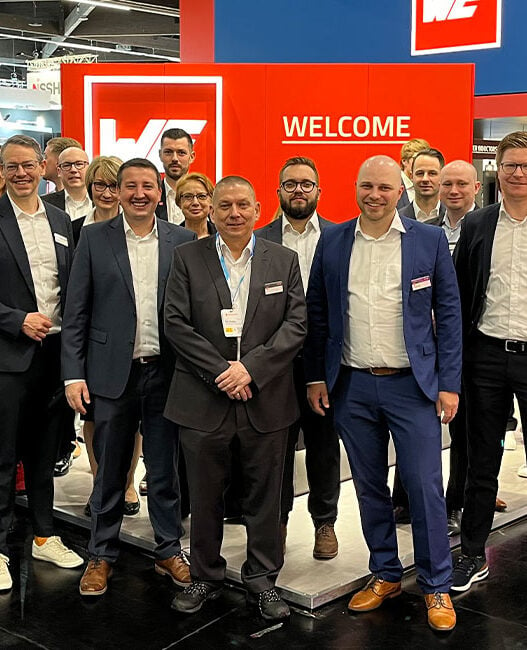Maplin Electronics, once one of Britain’s biggest electronics retailers, went into administration in 2018 after private equity firm Rutland Partners failed to find a buyer.
All 200 stores and 2,500 employees were lost but the name was rescued and the brand is now fighting its way back in a bid to become a household favourite once again. Armed with 600 own brand lines – much like the old days – it is already the 63rd most popular retailer ahead of CeX and Euronics.
As an online-only proposition since 2019, revenue and profit growth have accelerated dramatically in the past year. A key factor is its new approach to online advertising, which this year has boosted online ad conversions by 139% and cut the cost of converting these customers by 29%.
In the last 12 months, gross profit climbed 17% while revenues were up 14.2% compared to a 16% fall the previous year. This compares with a 3.2% rise in revenue for all online retailers over the same period, or 6.1% if you strip out food shops.
Working with Jack Felstead and his growth consultancy Jack.tm – which uses its own proprietary PPC technology created with the help of AI – Maplin has been taking back control of how advertising giants spend its money.
Most retailers commit vast amounts of cash paying for website traffic but there are concerns in the industry that the way Google’s own algorithm targets users is too broad, making it difficult to ensure it is all spent wisely. The main perceived flaw is the way it offers ads to returning customers, rather than just new ones.
This is not always in a retailer’s best interest because it means paying to acquire customers they’ve already got. Maplin has been able to increase the return on its ad budget by not showing ads to returning customers, who are loyal to the brand and would probably shop there anyway. To achieve this, Jack.tm has dropped the automation built into Google and begun eliminating these returning customers itself. Jack.tm has just won the ‘Stand Out Use of AI’ gong at April’s UK Digital Excellence Awards.
Jack Felstead, CEO of Jack.tm and a PPC expert and trainer, said: “The online advertising giants love to keep control of your spending and don’t always do what’s in your best interests. Paying to attract the same customer over and over again is a prime example, and the financial impact of circumventing this investment black hole is pretty dramatic.
“If you can stop paying for the same leads, and track the profitability of every advert and every person who visits a website, you’re suddenly in a different field. You’ve got another layer of intelligence that means, for every £1 you spend, you know you’ll be making £1.50 in return. Data really is the new gold and, by optimising ads in this way, investment decisions become very low risk and high reward.
“To achieve that, we’ve had to go completely against what Google considers best practice. Google’s Performance Max ad campaign engine is the epitome of AI and automation gone wrong. It’s the equivalent of leaving your bank vault unlocked and inviting Google to help themselves.
“This is a huge problem in retail. The bigger the business, the more existing customers they’re going to have and the higher the risk that, by targeting those most likely to buy, more of their ad spend goes on retargeting and retaining existing customers. That’s why retailers can realistically reduce ad spend by up to 40% without affecting sales.”
Ollie Marshall, Maplin’s managing director, said: “Maplin is back, and getting stronger by the day.
“Jack’s secret sauce in the battle for ad revenue has helped to transform the trajectory of the business. He’s a retailing Midas. We know everyone else on the High St will be trying desperately to catch up but, for now, we’ve got a real edge that is helping us grow our bottom line far quicker than we’d thought possible. The level of automation we’ve got from an AI-built tool is so complex it’s way beyond anything we could have built ourselves.
“All the ad platforms are a tax on businesses but they are so good at what they do that you have no choice but to spend with them. They will take as much money as you’re prepared to give them so what we’ve learned is that it’s your responsibility, as a retailer, to put guardrails in place.
“We now know how much we were wasting before. We even made a loss on many of our campaigns but didn’t realise it at the time. We don’t squander a penny now. We’re making Maplin a sustainably profitable business that can last for another 100 years.”
Established in Rayleigh, Essex, in 1972 by Roger and Sandra Allen, and Doug Simmons, Maplin began as a mail-order business targeting electronics hobbyists before opening its first shops in Westcliff-on-Sea, Essex, in 1976. In April it became the latest business, alongside Ann Summers, to launch virtual storefronts on Deliveroo, initially available to shoppers in London and Cambridge.













